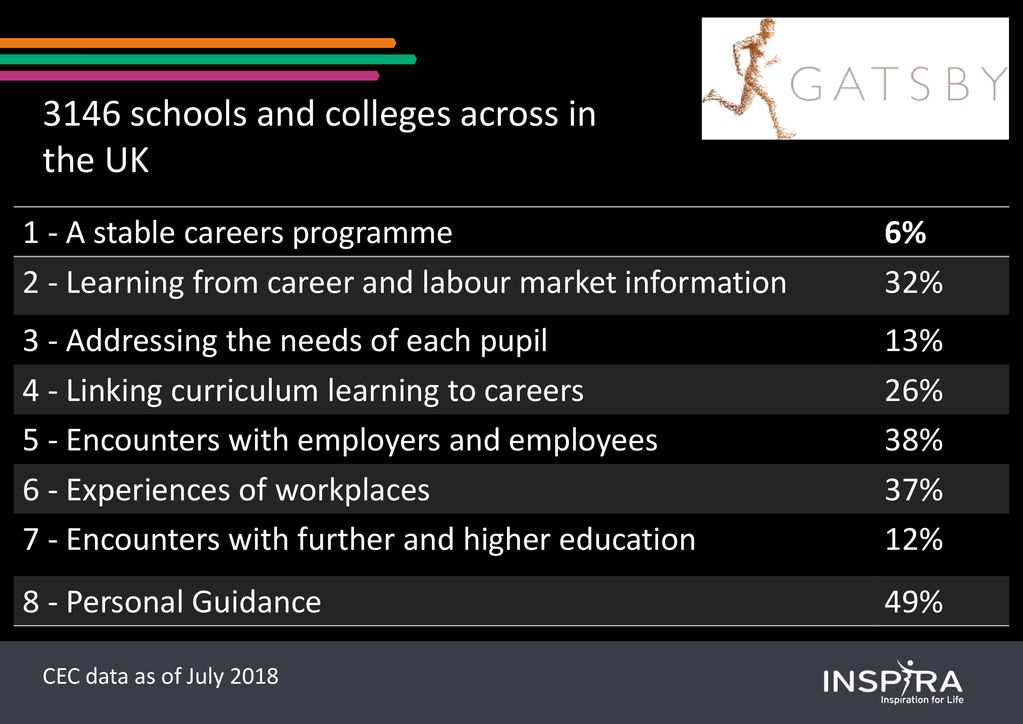Image retrieved from http://celfeducation.org/WhatWeDo.html
- Australian Curriculum V7.2 Updateeffective Curriculum Ideas List
- Australian Curriculum V7.2 Updateeffective Curriculum Ideas Free

Australian Curriculum - English Based on Australian Curriculum (v7.2), ACARA materials downloaded from the Australian Curriculum website on 24/9/2014. ACARA does not endorse any changes that have been made to the Australian Curriculum. Recognises that texts are made up of words and groups of words that make meaning (ACELA1434). As a teacher, the content I teach is guided by the Australian Curriculum. EfS is considered to be a key part of children’s education as it allows them to acquire the knowledge, skills, attitudes and values necessary to shape a sustainable future (United Nations Educational, Scientific and Cultural Organisation UNESCO, 2014).
This is associated with the Civics and Citizenship domain of the Australian Curriculum where students are guided in developing questions and gathering information to investigate the society in which they live (ACARA, 2014b). Students will critically think by identifying and clarifying ideas, organising and processing information and considering. Feb 18, 2020 - Explore Belinda Yates's board 'Curriculum', followed by 435 people on Pinterest. See more ideas about curriculum, australian curriculum, teaching. Curriculum: History v7.2 (ACARA 2014) presents history as a disciplined process of inquiry into the past and positions the nation’s history in a world history conte xt.
Dear Parents,

Thank you for raising your concerns in regards to the sustainability learning your children are participating in. Your feedback is appreciated and beneficial to the development of my teaching practice.

Our Year 5 Geography unit this term focusing on urban development is designed to encourage students to explore the extent of change in local environments over time (ACHGK027) (Australian Curriculum, Assessment & Reporting Authority [ACARA], 2014a). This is aligned with the geographical knowledge and understanding section of the Australian Curriculum. Education for Sustainability [EfS] is an integral aspect of your child’s education as it assists students developing capabilities that contribute to a more sustainable future in relation to environmental integrity, economic feasibility and a just society for present and future generations (Cutter-Mackenzie & Hoepper, 2014). It offer teachers with the opportunity to incorporate environmental education and recognises that fundamental human rights and social justice are just as essential to a sustainable development as environmental sustainability (Reynolds, 2012).
The purpose of this unit is to provide opportunities for students to become active and engaged lifelong learners while equipping them with the skills and motivation to plan and manage change towards a sustainable environment (Department of the Environment, Water, Heritage and the Arts, 2009). This is associated with the Civics and Citizenship domain of the Australian Curriculum where students are guided in developing questions and gathering information to investigate the society in which they live (ACHCS028) (ACARA, 2014b). Students will critically think by identifying and clarifying ideas, organising and processing information and considering different perspectives and alternatives in relation to urban development. This unit addresses the concept of cities as urban ecosystems that include both nature and humans in a largely human-built environment. Students will explore how the exploitation of forests, irrigation waters, and other resources led to catastrophe for some cities; they will also look at some of the positive environmental features of urban development. Students will put their knowledge into practice by designing their dream house; the house must contain sustainable features and needs to be as environmental friendly as possible. Students will be asked to discuss what this means to them.
Supporting students through the learning of controversial issues encourages them to explore and evaluate contested issues, gather evidence, make judgements and create solutions guiding them in becoming informed and effective citizens and active participants in change actions (Cutter-Mackenzie & Hoepper, 2014). Sustainability has a key position in the Australian Curriculum and each subject area is expected to incorporate it.
My aim is to support students in becoming active and informed citizens while providing them with skills to make decisions based on ethical reasoning. I am in no way trying to influence students and I endeavour to keep my personal views out of the classroom. When exploring controversial issues a risk free and non-judgmental environment for all students is maintained. Students are supported in discussing their own experiences and their opinions are respected and valued. The Melbourne Declaration on Education Goals for Young People (2008) highlights this and suggests the role of the teacher is to ensure all students become confident and independent learners.

If you continue to have concerns or have further questions please do not hesitate to contact me. I hope this letter has assisted you in your concerns.
Regards,
Nicole Engberg
Give up robot 2gaming potatoes. Year 5 Teacher
Reference
Australian Curriculum, Assessment & Reporting Authority [ACARA]. (2014a). Foundation to year 10 curriculum: Geography. Retrieved from http://www.australiancurriculum.edu.au/humanities-and-social-sciences/geography/curriculum/f-10?layout=1#level5
Australian Curriculum V7.2 Updateeffective Curriculum Ideas List

Australian Curriculum, Assessment & Reporting Authority [ACARA]. (2014b). Foundation to year 10 curriculum: Civics and citizenship. Retrieved from http://www.australiancurriculum.edu.au/humanities-and-social-sciences/civics-and-citizenship/curriculum/f-10?layout=1#level5
Cutter-Mackenzie, A. & Hoepper, B. (2014). Teaching for sustainability. In R. Gilbert & B. Hoepper (Eds.), Teaching humanities and social sciences: History, geography, economics and citizenship in the Australian curriculum (5th ed.). (pp. 390-418). South Melbourne, VIC: Cengage Learning.
Department of the Environment, Water, Heritage and the Arts. (2009). Living sustainably: The Australian government’s national action plan for education for sustainability. Retrieved from http://www.environment.gov.au/system/files/resources/13887ab8-7e03-4b3e-82bb-139b2205a0af/files/national-action-plan.pdf
Ministerial Council on Education, Employment, Training and Youth Affairs (MCEETYA). (2008). Melbourne Declaration on Educational Goals for Young Australians. Carlton South, VIC: Author.
Australian Curriculum V7.2 Updateeffective Curriculum Ideas Free
Reynolds, R. (2012). Teaching history, geography & sose in the primary classroom. (2nd ed.). South Melbourne, Victoria: Oxford University Press.
